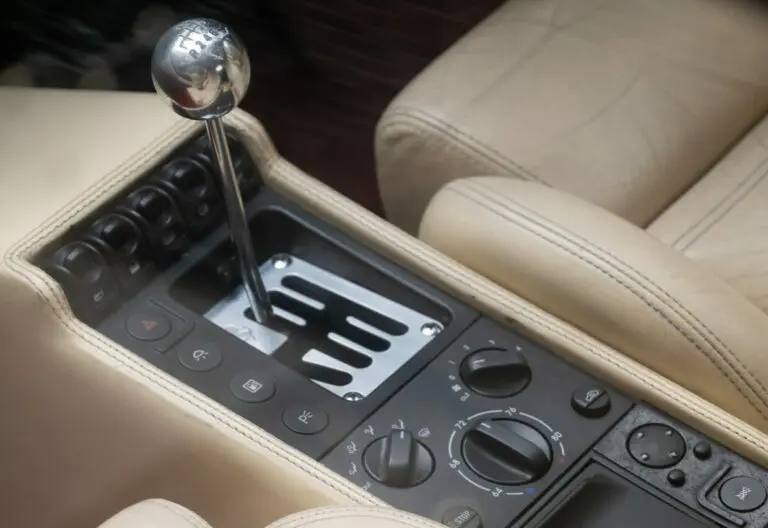Fuel pump pressure control valves are an important component of a vehicle’s fuel system. They regulate the pressure of the fuel that is delivered to the engine. When these valves malfunction, it can cause a variety of problems that can affect the performance of your vehicle. In this blog post, we will discuss the common symptoms of fuel pump pressure control valve issues, as well as the solutions to fix them.
Symptoms of a Malfunctioning Fuel Pump Pressure Control Valve
- Reduced engine performance: If the fuel pump pressure control valve is not functioning properly, it can cause a reduction in the amount of fuel that is delivered to the engine. This can lead to a decrease in power and acceleration, making it difficult to drive the vehicle.
- Difficulty starting the vehicle: If the fuel pump pressure control valve is not opening and closing correctly, it can cause the engine to not receive enough fuel to start. This can make it difficult or impossible to start the vehicle.
- Engine stalling: If the fuel pump pressure control valve is not regulating the pressure correctly, it can cause the engine to stall while driving. This can be dangerous and can cause accidents.
- Check Engine Light: A malfunctioning fuel pump pressure control valve can trigger the check engine light to come on.
Solutions for a Malfunctioning Fuel Pump Pressure Control Valve
- Replace the valve: One solution for a malfunctioning fuel pump pressure control valve is to replace it with a new one. This is typically the best option if the valve is damaged or worn out.
- Clean the valve: If the valve is not damaged but is clogged with debris or dirt, it can be cleaned to remove the obstruction. This can restore proper function to the valve.
- Check the wiring and connections: Sometimes the problem with the fuel pump pressure control valve is not with the valve itself, but with the wiring or connections. Checking these components can help to identify and fix the issue.
Precautions when working with Fuel Pump Pressure Control Valve
- Always refer to the vehicle’s service manual for specific instructions and precautions for working on the fuel system.
- Always wear protective gear, such as gloves, goggles and a face mask when working with fuel.
- Be sure to properly ventilate the area before working on the fuel system to prevent the buildup of dangerous fumes.
- Always disconnect the battery before working on the fuel system to prevent the possibility of an electrical spark.
- Always use proper tools and equipment when working on the fuel system to prevent damage to components and to ensure a safe repair.
In conclusion
A malfunctioning fuel pump pressure control valve can cause a variety of problems that can affect the performance of your vehicle. By being aware of the common symptoms and solutions, you can identify and fix the issue quickly and safely. Remember to always refer to the vehicle’s service manual, wear protective gear, properly ventilate the area, disconnect the battery and use proper tools and equipment when working on the fuel system.



















